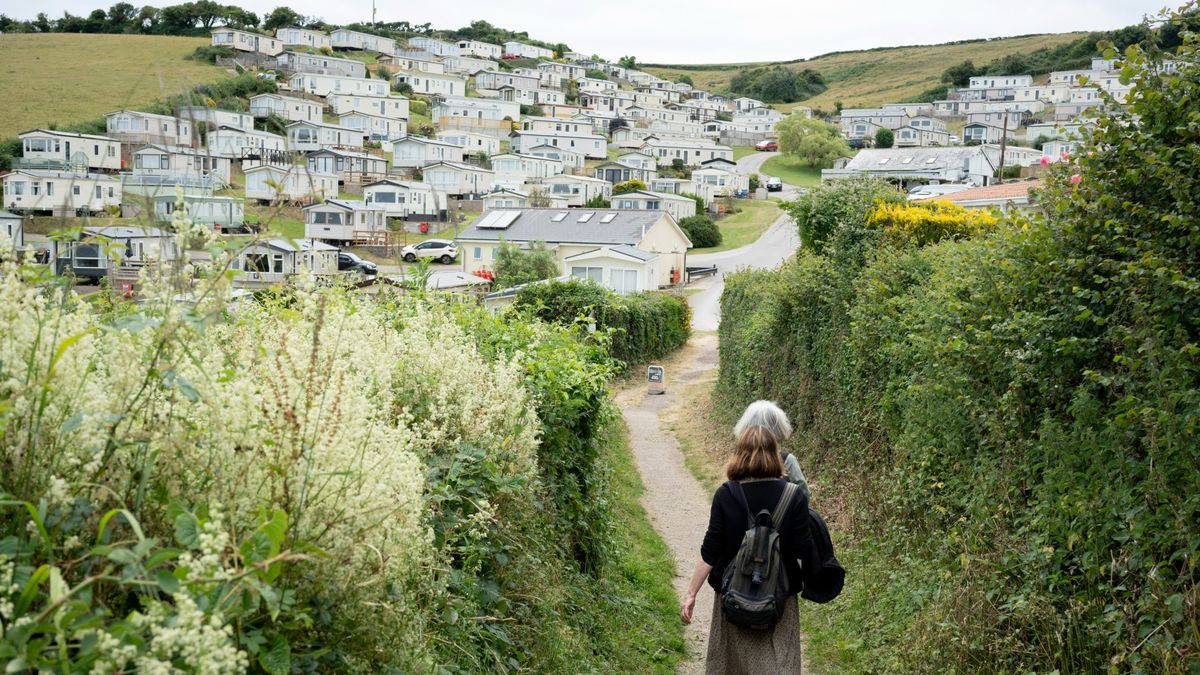Unraveling the Caravan Mis-Selling Crisis
The caravan mis-selling crisis has unfolded as a shocking national scandal, exposing deep-rooted issues within the industry that have left countless consumers grappling with disappointment and financial distress. As investigations into deceptive practices come to light, the implications for both consumers and the caravan industry are profound and far-reaching. This article dives deep into the details of the crisis, exploring the impact on consumers, the industry’s response, and what can be done to prevent future occurrences.
The Heart of the Crisis: What Happened?
At the core of the caravan mis-selling crisis lies a series of alarming practices by various caravan dealers and sales representatives. Many consumers, often families looking for a way to enjoy leisure time together, were misled into purchasing caravans under false pretenses. They were promised luxurious features, guaranteed resale values, and even lucrative rental opportunities that simply did not exist or were grossly exaggerated.
The mis-selling practices have included:
- Inflated Claims: Salespeople often exaggerated the quality and features of caravans, leading buyers to believe they were making a sound investment.
- Pressure Sales Techniques: Many customers reported feeling rushed into purchases, with sales representatives using high-pressure tactics to close deals.
- Lack of Transparency: Important details about maintenance costs, depreciation, and the true resale value of the caravans were often withheld from potential buyers.
The Impact on Consumers
The fallout from the caravan mis-selling crisis has been devastating for many consumers. Individuals who believed they were making a wise investment found themselves burdened with repayments on overpriced caravans that lost value rapidly. Some have reported feeling trapped, unable to sell their caravans without incurring significant losses.
Beyond financial implications, the emotional toll has been substantial. Many consumers have expressed feelings of betrayal and anger, particularly when they realize that the dreams of family holidays and adventures have turned into nightmares of debt and regret.
Legal Implications and Consumer Protection
As the crisis has unfolded, legal scrutiny has increased. Regulatory bodies have begun investigating various caravan dealers, and some have even faced lawsuits from consumers seeking restitution. This has led to a broader conversation about consumer protection in the caravan industry.
Key actions being taken include:
- Increased Regulatory Oversight: Authorities are tightening regulations governing caravan sales to ensure that consumers receive accurate information.
- Consumer Education Initiatives: Programs aimed at educating potential buyers on their rights and the realities of caravan ownership are being implemented.
- Support Services for Affected Consumers: Organizations are stepping up to provide advice and assistance to those affected by mis-selling.
Industry Response: A Call for Reform
The caravan industry is at a crossroads. The mis-selling crisis has sparked calls for reform within the sector, with many stakeholders recognizing the need for change to restore consumer trust. Industry leaders are being urged to adopt more ethical sales practices and to prioritize customer satisfaction over quick sales.
Some of the proposed reforms include:
- Standardized Sales Protocols: Establishing clear and fair guidelines for how caravans are marketed and sold.
- Transparency in Pricing: Ensuring that all costs associated with caravan ownership are clearly communicated upfront.
- Training for Sales Staff: Providing comprehensive training for sales personnel to foster ethical selling practices.
Consumer Advocacy: Empowering Buyers
In the wake of the caravan mis-selling crisis, consumer advocacy groups have emerged to empower buyers and ensure they are well-informed. These organizations offer valuable resources, including:
- Guides on Caravan Purchases: Step-by-step guides that help potential buyers navigate the complex process of purchasing a caravan.
- Legal Assistance: Support for individuals who wish to pursue legal action against mis-selling practices.
- Forums and Support Groups: Platforms where consumers can share their experiences and seek advice from others who have faced similar challenges.
Looking Ahead: The Future of the Caravan Industry
Though the caravan mis-selling crisis has revealed significant flaws in the industry, there is hope for a better future. With increased awareness, consumer protection measures, and industry reform, it is possible to rebuild trust and ensure that caravanning remains a cherished activity for families across the nation.
As consumers become more informed and empowered, they will be better equipped to make wise purchasing decisions. The ongoing investigations and discussions surrounding the crisis could serve as a catalyst for positive change, ultimately leading to a healthier and more transparent caravan market.
Conclusion: A Collective Responsibility
The caravan mis-selling crisis serves as a stark reminder of the importance of integrity in business practices. It is a collective responsibility—consumers, industry leaders, and regulatory bodies alike—to ensure that the lessons learned from this scandal lead to meaningful improvements. By fostering a culture of honesty and transparency, the caravan industry can emerge stronger, safeguarding the dreams and investments of future buyers.
As we move forward, it’s essential to remain vigilant. Consumers should always conduct thorough research, ask questions, and demand clarity when making significant purchases. The goal is to make caravanning an enjoyable and rewarding experience for all, free from the shadows of deception.
See more Business Focus Insider Team

